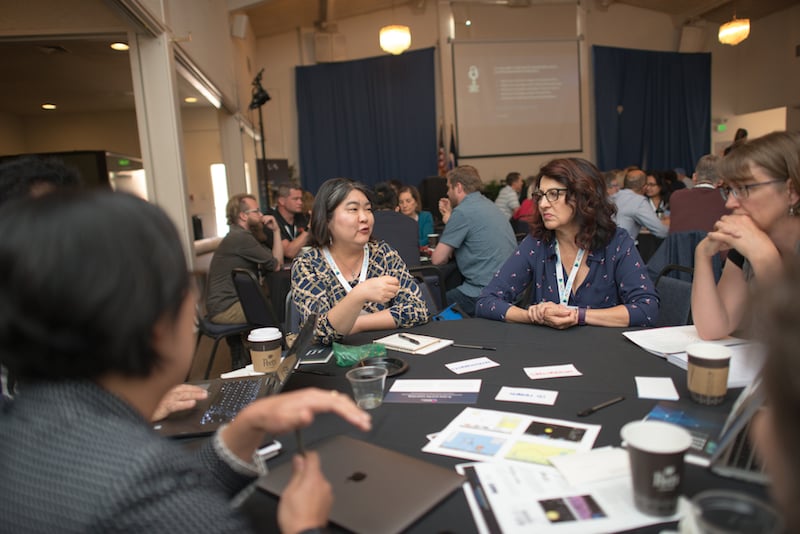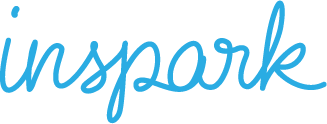 Digital Learning Innovation in the Sciences
Digital Learning Innovation in the Sciences
LIS is about taking the next step: moving away from theoretical discussion, and focusing on real, repeatable practices implemented by leading educators from across the country.
In 2018, we turned our eyes to digital learning innovation in the sciences. Science education in K12 and Higher Ed faces unique challenges and opportunities, so we brought people together to discuss how we can champion student achievement.
Almost 250 innovators joined us at the NASA Ames Research Center on June 15th to meet and learn with educators from across academia, industry, and government offering diverse perspectives and lessons learned.
Top 5 Things We Took Away from LIS18
- Proceed with caution: evidence shows that our intuitions aren’t the best guides. Instead of being wary of tech in education, though, we need to dive into the data and take cues from research on how to use tech to promote student success.
- High quality digital tools are those that support multiple learning goals. When paired with the scaffolding and context through teacher facilitation, they are highly effective.
- Collaboration is the way forward, be it through teaching networks, interdisciplinary connections, or community partnerships.
- When we’re innovating more effective and equitable models for education, assessment has to go hand in hand with learning.
- The goal of ed tech should be to enhance in instructors’ pedagogy, not to replace it.
Read More on the Blog










































